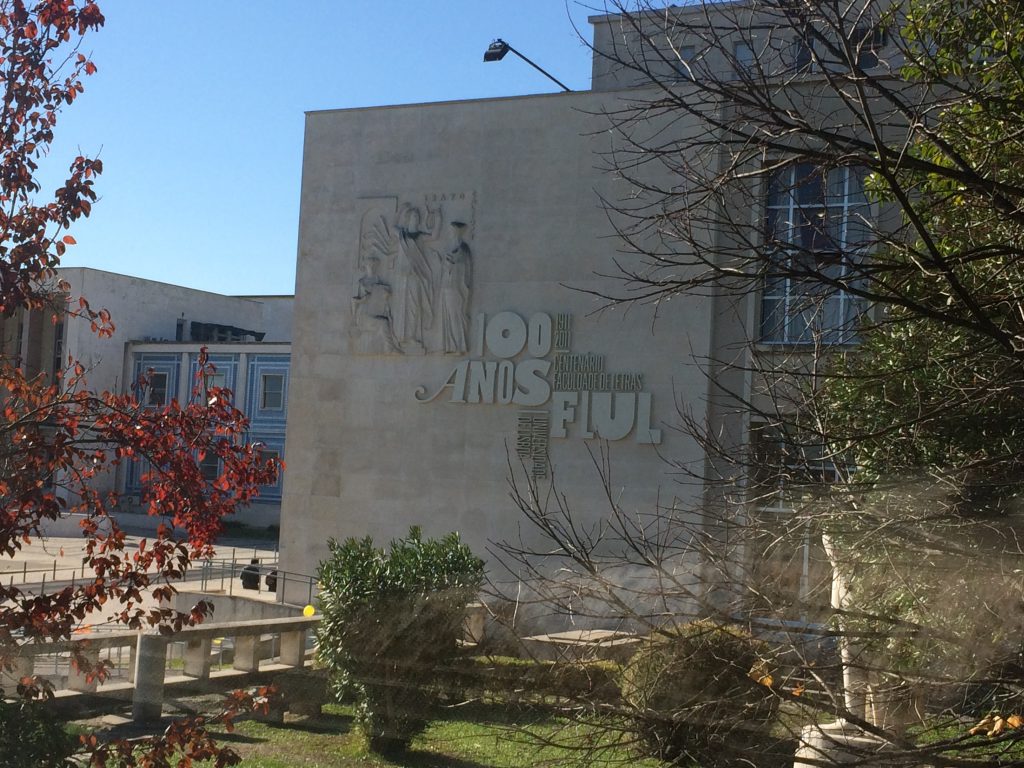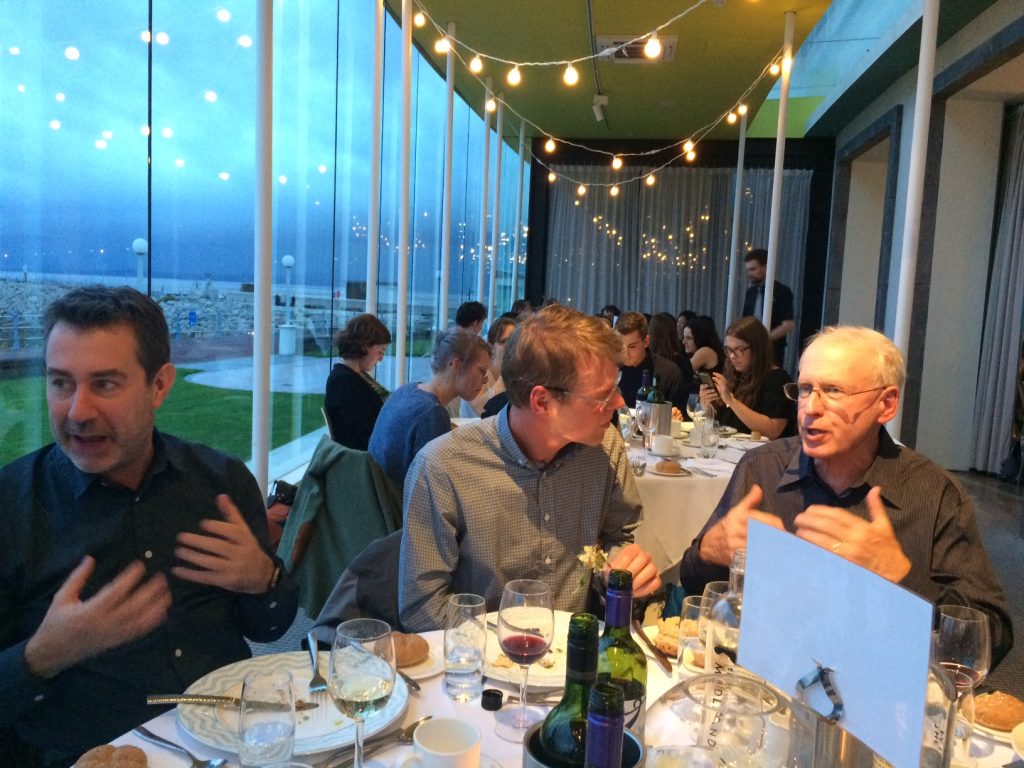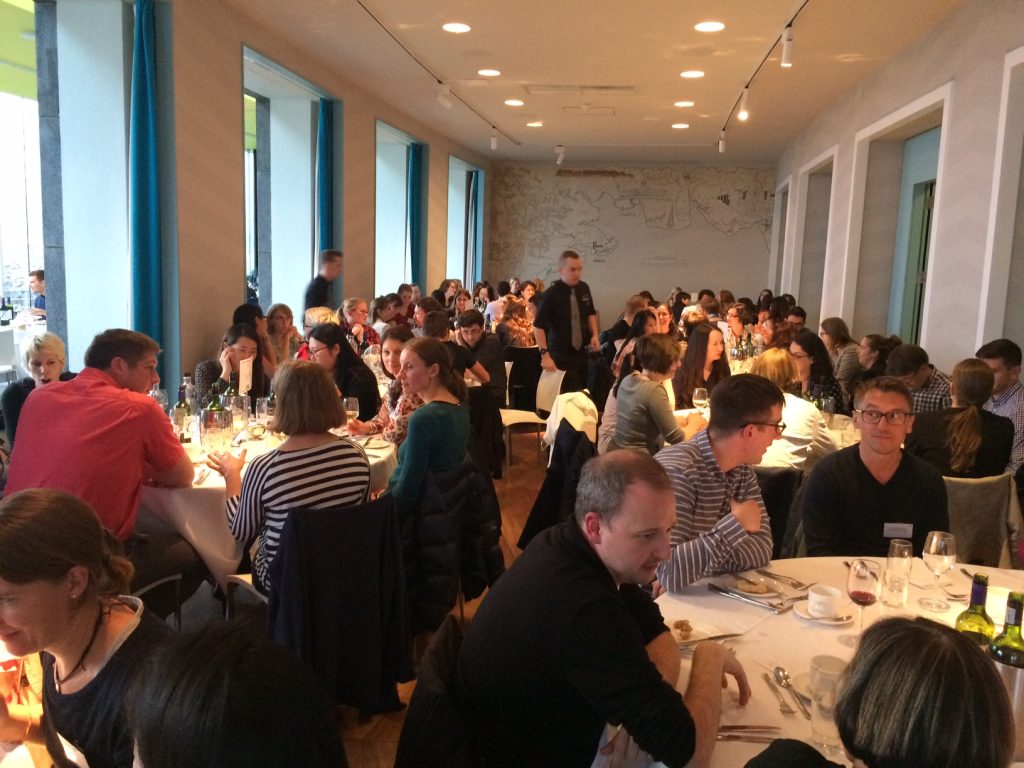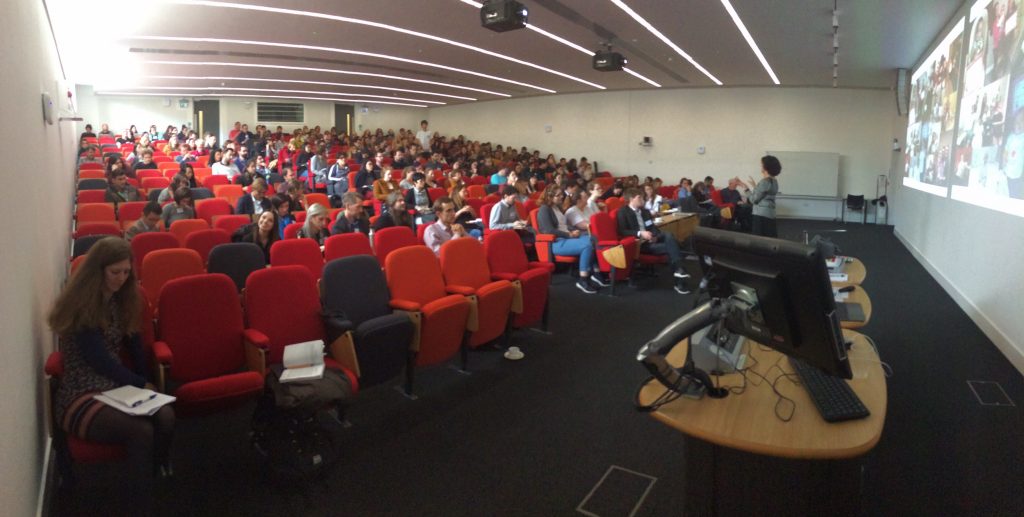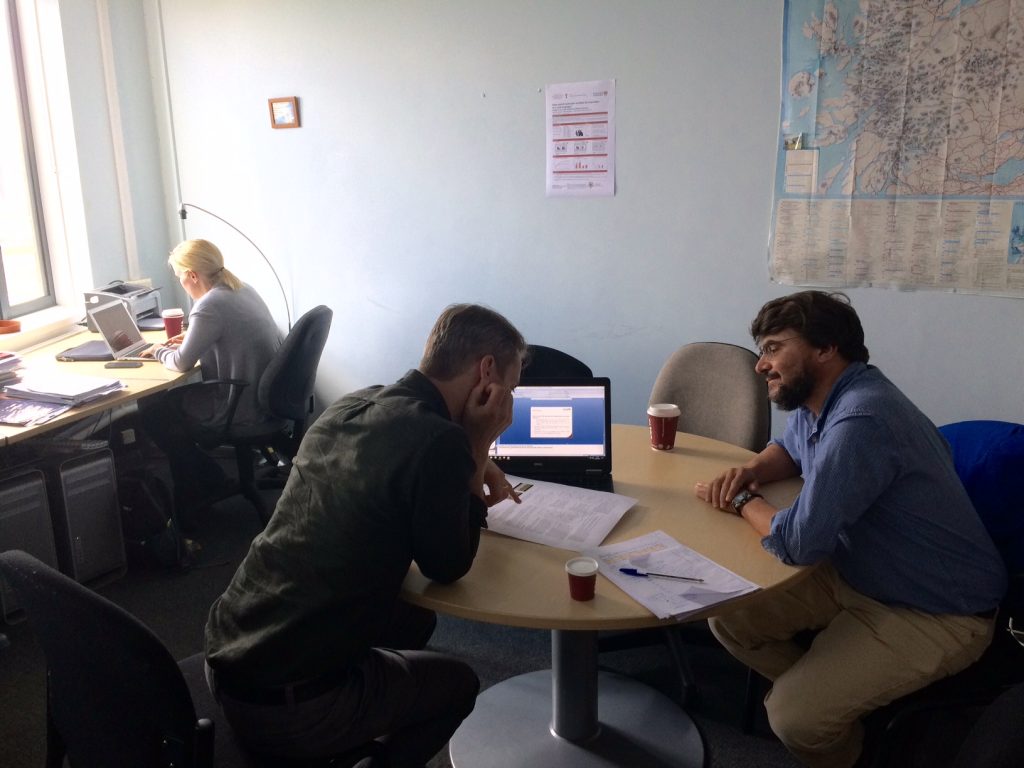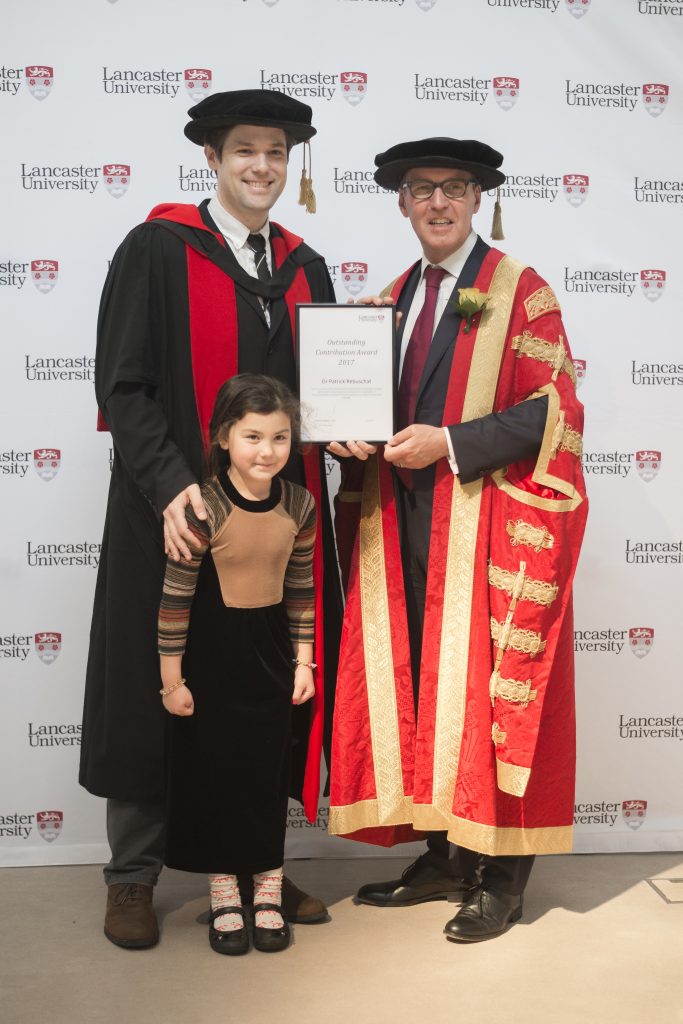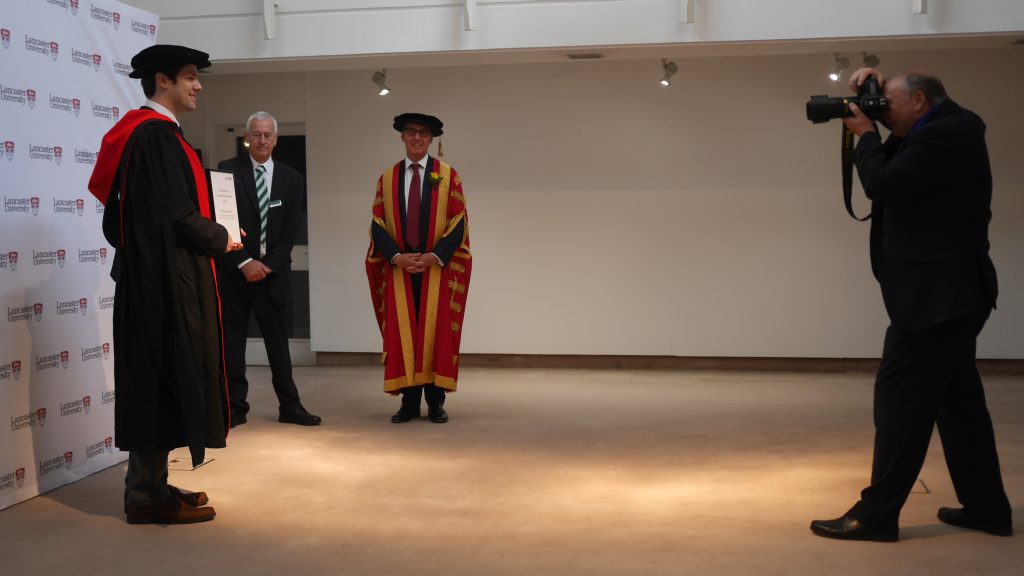We are very pleased to announce that Michael Ullman will be visiting Lancaster University to give a talk on language, memory and the brain. Abstract, location and short bio are provided below. This is a unique opportunity for staff and students to engage with a world-leading cognitive neuroscientist, who is particularly renowned for his extensive work on the neural basis of first and second language acquisition and processing. (And for me it’s a great opportunity to catch up with Michael, a former colleague from my three years at Georgetown University.)
The event is co-organized by Linguistics and Psychology. Please contact Padraic Monaghan p.monaghan@lancaster.ac.uk, or myself, p.rebuschat@lancaster.ac.uk, for more information on Michael’s schedule, or if you’d like to join us for lunch.
Professor Michael T. Ullman
Departments of Neuroscience, Linguistics, Psychology and Neurology, Georgetown University, Washington, DC
11am Monday 24th July 2017
C89 County South, Lancaster University
Language, memory, and brain: Learning and memory brain systems in first and second language
Increasing evidence suggests that language learning, knowledge, and use crucially depend on two learning and memory systems in the brain: declarative memory and procedural memory. These systems, which also exist in other vertebrate species, appear to have been co-opted for language – whether or not they subsequently became further specialized for this domain, either evolutionarily or developmentally.
Because the behavioral, anatomical, physiological, molecular and genetic correlates of these two systems are quite well-studied in animals and humans, they lead to numerous specific predictions about language that would not likely be made in the more circumscribed study of language alone. This approach is thus very powerful in being able to generate a wide range of novel predictions for language – including for first and second language, in various healthy and disordered populations.
In the talk I will first provide some background on the two memory systems, and then discuss the manner in which language is predicted to depend on them. One of the key concepts is that to some extent the two systems can underlie the same functions (e.g., for navigation, grammar, etc.), and thus they play at least partly redundant roles for these functions. This has important consequences for first and second language, as well as for language disorders.
Following the background, I will present multidisciplinary evidence (behavioral, neurological, neuroimaging, electrophysiological) that basic aspects of language do indeed depend on the two memory systems, though in somewhat different ways across different populations. I will discuss normal first and second language, individual and group differences (e.g., sex differences), and language in disorders, focusing on neurodevelopmental disorders, especially Specific Language Impairment.
Ullman Bio:
Dr. Ullman is Professor in the Department of Neuroscience at Georgetown University, with secondary appointments in the Departments of Neurology, Linguistics and Psychology. He is Director of the Brain and Language Laboratory and the Georgetown EEG/ERP Lab. His research examines the brain bases of first and second language, how language and memory are affected in various disorders (e.g., autism, dyslexia, Specific Language Impairment, Alzheimer’s, Parkinson’s and Huntington’s diseases), and how factors such as sex, handedness, and genetic variability affect the brain bases of language and memory.
